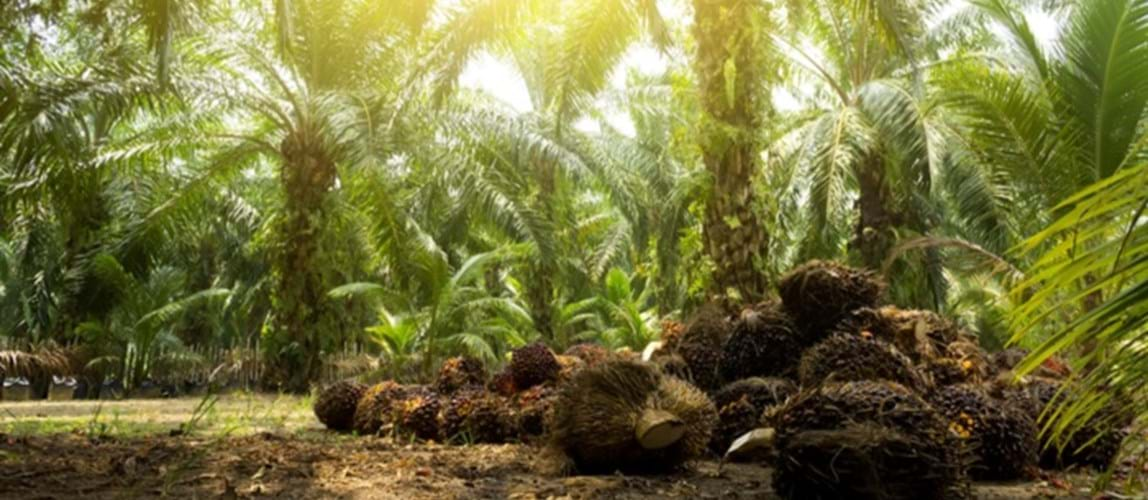Palm Oil Processing
Sustainable Palm Oil – Stopping Deforestation and Its Impact on the Environment

- Date From 6th January 2020
- Date To 6th January 2020
- Price Free
- Location Monash University Malaysia, Seminar Room 6-2-14, Jalan Lagoon Selatan, Bandar Sunway 47500, Subang Jaya, Selangor, Malaysia
Agenda
18:00 — Registration and refreshment
18:25 — Short briefing by the Chair of POPSIG
18:30 — Presentation
19:30 — Question-and-answer session
20:00 — Networking session
Registration
Register to attend physical event >>
Register to attend online at Go-To-Webinar >>
Focus of Topic
Responsible Production
Speaker
Mr Benjamin Loh
Benjamin Loh is currently the Manager for Sustainable Palm Oil under the Sustainable Markets Programme of WWF- Malaysia. Benjamin is responsible for driving the strategy of sustainable production, supply and consumption of Palm Oil in Malaysia, and within the WWF global network.
Benjamin is currently the focal point for Sustainable Palm Oil in WWF-Malaysia and represents WWF-Malaysia various multi-stakeholder engagement processes and committees including the Roundtable of Sustainable Palm Oil (RSPO) and also in the Malaysian Sustainable Palm Oil (MSPO).
Benjamin has over 10 years of professional experience in the palm oil industry as well as a background in environmental conservation and sustainability management.
Overview
The huge demand for palm oil products and massive expansion in the tropics make it a major driver of deforestation and a huge threat to wildlife, such as orangutans, elephants and tigers. Large swathes of land that were once forest, rich with biodiversity and gigantic trees, are today covered with palm oil plantations. However, it is not palm oil that harms the orangutan, nor other agricultural crop that damages the environment. It is unsustainable agricultural production that impacts the environment, affecting natural ecosystems, reducing wildlife habitats, emitting greenhouse gases and polluting freshwater. WWF-Malaysia believes that responsible production and sustainable consumption of palm oil through its entire supply chain is vital to the maintenance of biological diversity, ecosystems and natural resources.
Sustainable palm oil is important because it fulfills increasing global food demand, supports affordable food prices and poverty reduction. As the demand for palm oil steadily increases, it is important for us to ensure that palm oil is sustainably produced, used and consumed. The establishment of palm oil plantations, big or small, must not harm or degrade the environment, and must ensure our fragile ecosystems and wildlife are protected and not adversely affected.
Stay connected
Member-exclusive content
Become an IChemE member to enjoy full access to this content and a range of other membership benefits. If you are already a member, please log in.
Back to events